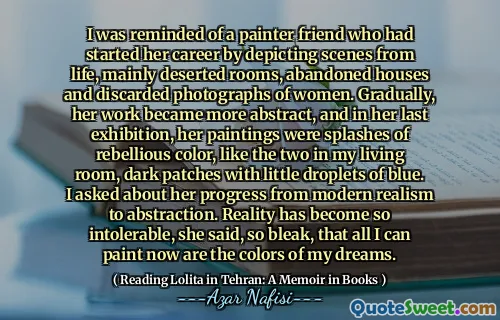No peace is possible between the novelist and the agélaste {those who do not laugh}. Never having heard God's laughter, the agélastes are convinced that the truth is obvious, that all men necessarily think the same thing, and that they themselves are exactly what they think they are. But it is precisely in losing the certainty of truth and the unanimous agreement of others that man becomes an individual. The novel is the imaginary paradise of individuals. It is the territory where no one possesses the truth, neither Anna nor Karenin, but where everyone has the right to be understood, both Anna and Karenin.
The conflict between a novelist and those who cannot appreciate humor, referred to as agélastes, is profound. The agélastes, who have never experienced the joy of laughter, mistakenly believe that their understanding of truth is absolute and universally shared. They view themselves in rigid terms, lacking the nuanced perception that comes with individual experience. This rigid mindset creates a divide where no genuine understanding can occur.
Kundera posits that true individuality arises from the relinquishment of certainty and the acceptance of diverse perspectives. In the realm of the novel, this diversity flourishes. Neither character holds the ultimate truth; rather, the narrative serves as a space for individuals to be recognized and understood, despite their differences. Here, the essence of the novel transforms into a sanctuary for individual expression and the complexity of human experience.



